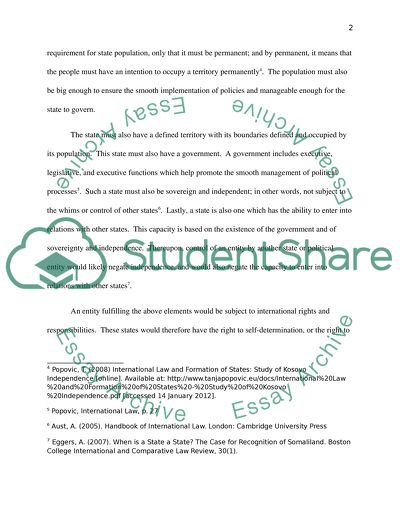Cite this document
(“Public International Law Coursework Example | Topics and Well Written Essays - 1750 words”, n.d.)
Retrieved from https://studentshare.org/law/1394512-public-international-law
Retrieved from https://studentshare.org/law/1394512-public-international-law
(Public International Law Coursework Example | Topics and Well Written Essays - 1750 Words)
https://studentshare.org/law/1394512-public-international-law.
https://studentshare.org/law/1394512-public-international-law.
“Public International Law Coursework Example | Topics and Well Written Essays - 1750 Words”, n.d. https://studentshare.org/law/1394512-public-international-law.


